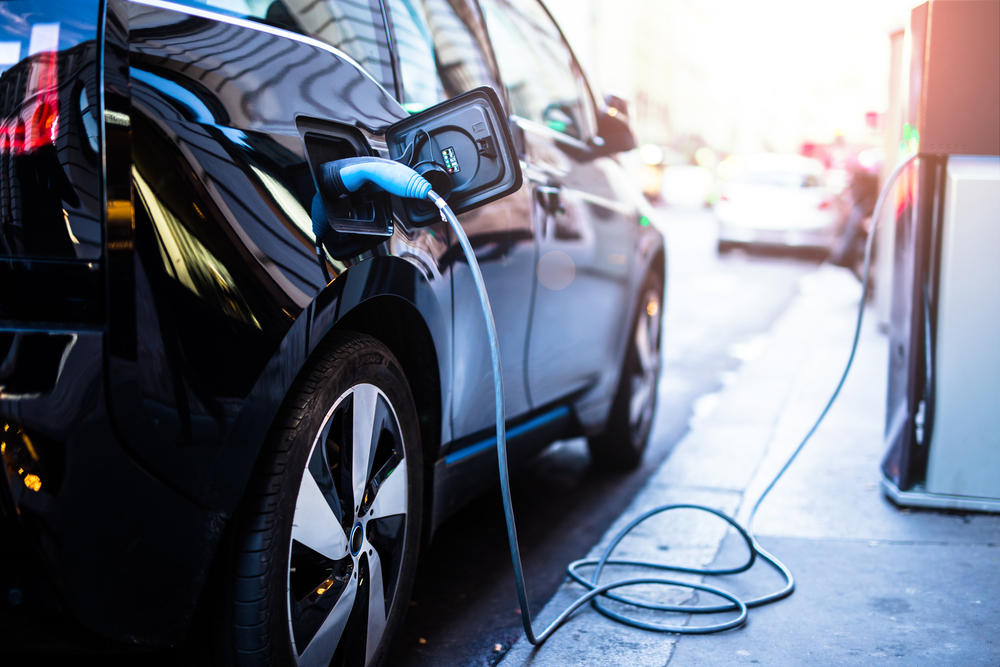Despite Trump’s Administration signaling its efforts to keep fossils fuels relevant, cities are taking matters into their own hands by looking into the use of electric vehicles for public services. Many cities already use hybrid solutions for public transportation, but are now negotiating with the auto industry to provide them with vehicles that can be used for other services such as police, fire, medical, waste, and much more.
With the Trump Administration signaling that it will do its best to keep fossil fuels a large part of the US economy for as long as possible, and deep gouges to the Environmental Protection Agency’s budget, many climate change activists are worried about how anyone could hope to stem the tide of this onslaught. Cities across the United States – which vote predominantly Democratic – are stepping up to the plate to attempt to enact change on their own through policies and decisions which the federal government has little to no control over. One such area is what sorts of vehicles these cities buy and use for their various public services. The overwhelming sentiment cannot be more clear: “Keep your oil, we’ll take the clean cars.”
Thirty or so United States cities have been asking the US auto industry about the possibility of furnishing an astounding 114,000 electric vehicles to fulfill the roles of police vehicles -silent engine cop cars put me on edge- to lowly garbage trucks. This would but in the ballpark of $10 billion. This serves as a few different things, in my opinion.
Firstly, this is a stand against the White House’s recent activities in regards to the EPA. Cities want to cut their carbon emissions and start to atone for the carbon footprints they’ve imparted in the past. Matt Peterson -Los Angeles’ Chief Sustainability Officer- has made clear that this is an effort on the part of cities to directly combat the negative effects that the Trump administration may have on the environment. In a strange turn of events, we may see smaller constituencies such as cities tackle the roles which have been traditionally held by the Federal government. Secondly, I think that cities may be preparing themselves for their fleets running on electricity because of the speculation that solar and wind generated electricity in the future will be incredibly cheap.
So cities may be playing the long game here, with an added benefit of sticking it to an administration they dislike. However, this long game strategy would leave cities in a slightly hypocritical stop for at least a little bit. The US grid still heavily relies on fossil fuels for electricity. The grid uses over coal and natural gas to produce over 66% of the entire grid’s electricity value. This is a staggering amount, especially considering the next 20% is nuclear -another source that solar and wind would look to replace for safety and waste concerns-.
I cannot imagine that cities would be charging their entire metropolitan fleets on a dedicated solar grid. Cities may need to still play ball with the Trump Administration’s hope to keep fossil fuels relevant, since the administration shows no signs of updating or converting the grid’s infrastructure to house more solar and wind farms. They would be charging their electric cars and their disapproval of the administration on a grid which favors the administration’s stance. Cities will rob Peter to pay Paul, in a sense, expect this time they won’t pay Peter but may pay Paul double.
Regardless, the choice that these cities appear to be making are a sign of potentially positive outcome. While currently these vehicles will be dependent upon an antiquated and coal dusted electricity system, I highly doubt that administrations after Trump’s will be able to ignore the need for a new grid. We cannot arrogantly defy facts and needs forever.
If you liked this article, follow us on Twitter @themerklenews and make sure to subscribe to our newsletter to receive the latest bitcoin, cryptocurrency, and technology news.

